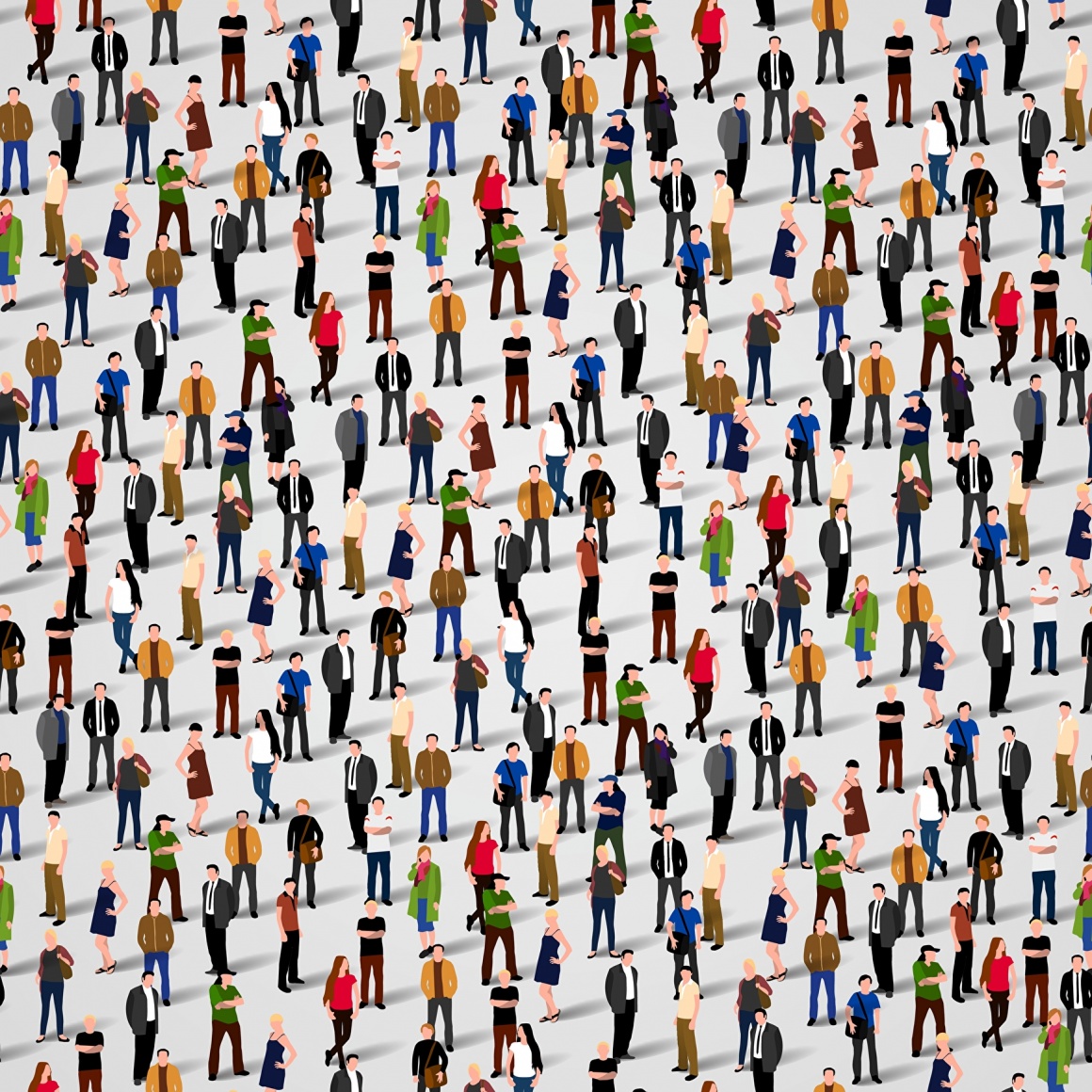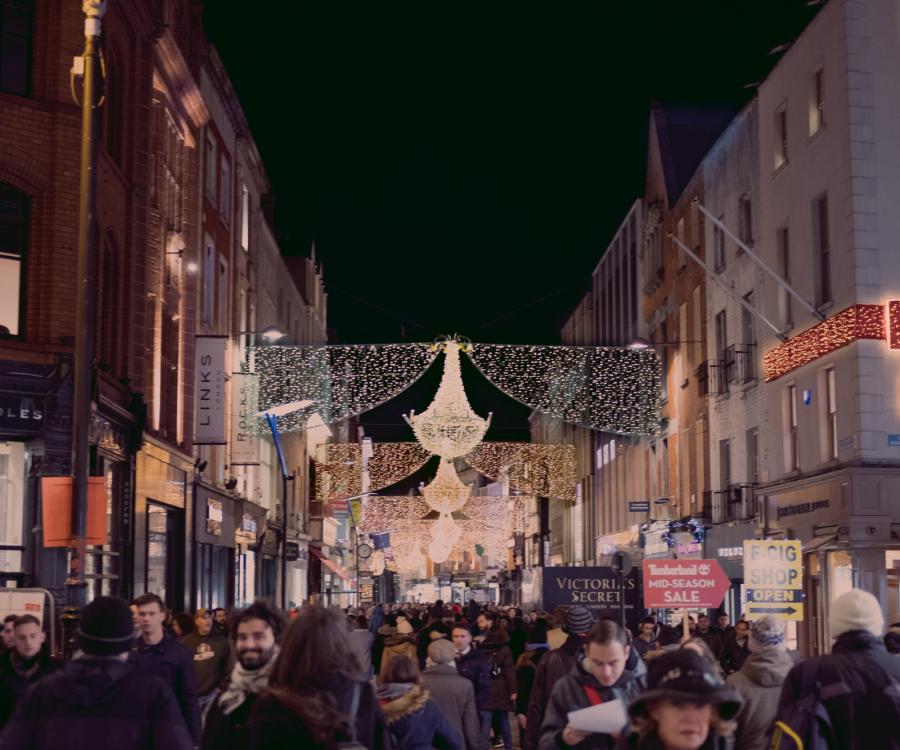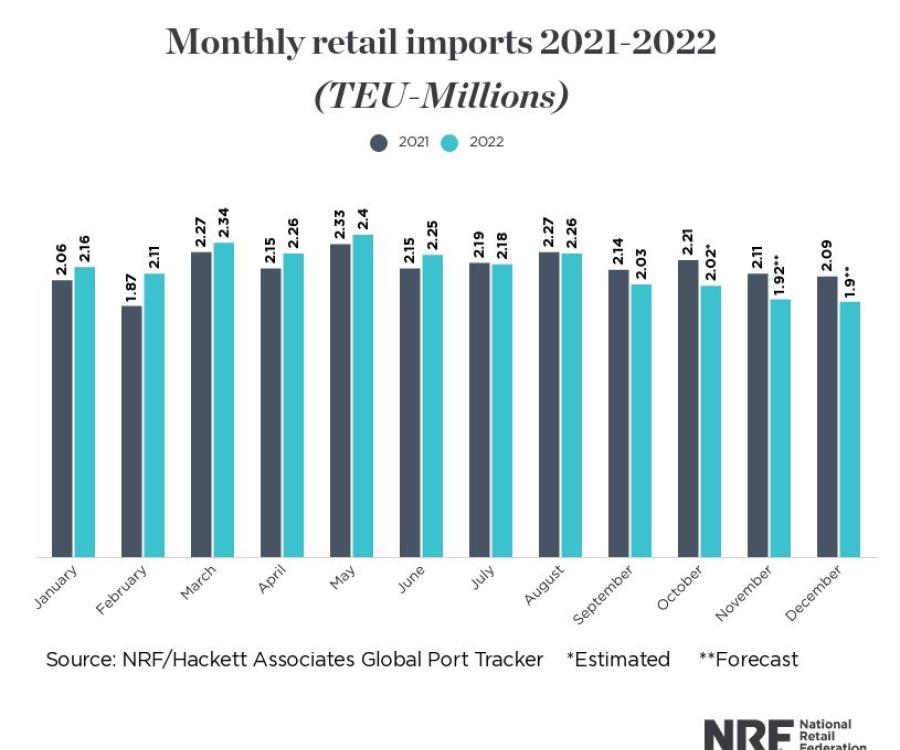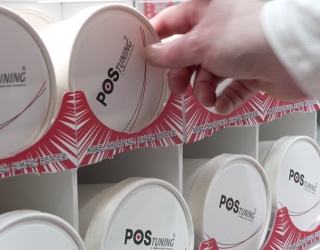
Banks and bookstores. Gyms and juice bars. Dental offices and department stores. The Covid-19 crisis has shuttered some kinds of businesses, while others have stayed open. But which places represent the best and worst tradeoffs, in terms of the economic benefits and health risks?
A new study by MIT researchers uses a variety of data on consumer and business activity to tackle that question, measuring 26 types of businesses by both their usefulness and risk. Vital forms of commerce that are relatively uncrowded fare the best in the study; less significant types of businesses that generate crowds perform worse. The results can help inform the policy decisions of government officials during the ongoing pandemic.
As it happens, banks perform the best in the study, being economically significant and relatively uncrowded. By contrast, other business types create much more crowding while having far less economic importance. These include liquor and tobacco stores; sporting goods stores; cafes, juice bars, and dessert parlors; and gyms. All of those are in the bottom half of the study's rankings of economic importance. At the same time, cafes, juice bars, and dessert parlors, taken together, rank third-highest out of the 26 business types in risk, while gyms are the fifth-riskiest according to the study's metrics.
Cumulative risk
To conduct the study, the team examined anonymized location data from 47 million cellphones, from January 2019 through March 2020. The data included visits to 6 million distinct business venues in the U.S. The 26 types of businesses in the study accounted for 57 percent of those visits, meaning the study covers a broad swath of the economy. By examining the location data over an extended time period, the scholars were able to determine what the typical crowding level is for all business types in the study.
Outlier: Liquor stores staying open
In many cases, the researchers say, policymakers have made reasonable decisions about which types of businesses should be open and closed. But there are exceptions to this. Take liquor stores, which have been deemed an "essential" business in many U.S. states. "What really jumps out at us is liquor and tobacco stores," Benzell says. "Most states have allowed liquor stores to remain open. This is a bit of a bad call from our perspective, because liquor stores don't create a lot of social value. If you ask people which stores they want to be open, liquor stores are near the bottom of that list. They don't have that many receipts or employees, and they tend to be these small, crowded places where people are up against each other trying to navigate." In the study, liquor stores rate 20th out of the 26 business types in economic importance, but 12th highest in risk.
By contrast, the researchers are more bullish about the public health dynamics of college and universities, which they rank 8th out of the 26 business types in economic importance, but just 17th in terms of risk. If campus living arrangements could be made more safe, the researchers think, the other parts of university life could offer relatively reasonable conditions.




